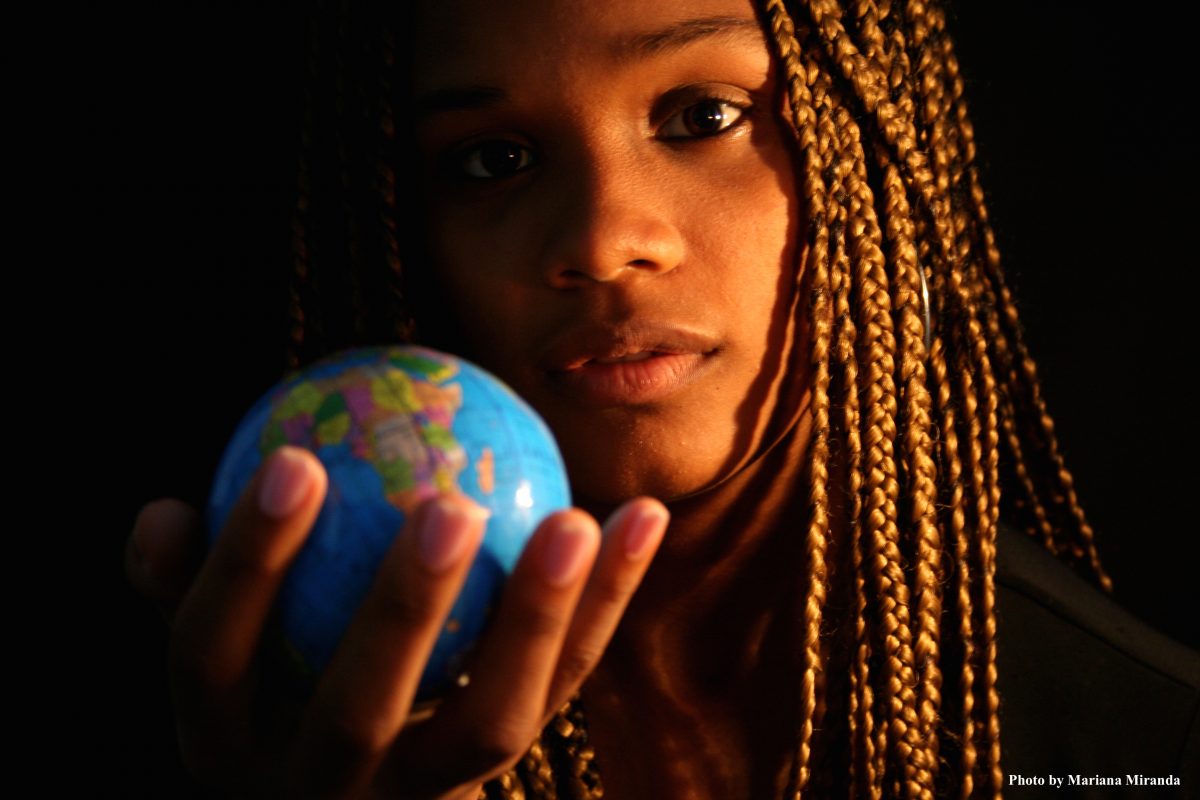Black Feminism is one of the most important critical theoretical orientations in the world today because of its unique ability to create a real connection between theory and practice. As a decolonial radical perspective, it has contributed new concepts and theories for understanding the multiplicity of oppressions and for developing new strategies for liberation. One of its most important theoretical contributions is the concept of “intersectionality” that describes the inseparable nature of multiple oppressions (class, race, sexuality, gender, age, etc.). It is not an accident that a concept like “intersectionality” was produced by Black Feminists and not by theorists of any other tradition of critical theory because Black women experience multiple oppressions in their daily lives. In other words, the concept does not result from external, supposedly objective observation as has been the method of formulation for many Eurocentric theoretical perspectives, but rather from lived experience. As several key Black feminists thinkers remind us, lived experience is the basis of the theoretical formulation of Black Feminism. For Angela Davis, for example, it was because of the need for a more profound understanding of their lived experience of chattel slavery where gendered distinctions of male and female were collapses, that Black Feminists developed their own theoretical categories taking seriously the perspective of Black women’s embodied politics of knowledge.
During the 1960s and 1970s there were many Black Feminist activists calling attention to this multiplicity of oppressions without using the term “intersectionality.” The term formally arrived later in the early 1990s, but the idea was already present in the work produced by well-known Black Feminists such as Angela Davis, bell hooks, Lélia Gonzales and Kimberlé Crenshaw who is credited with coining it. However, we do not want to limit the school to only one contribution of Black Feminism. We want to take seriously the multiple contributions of Decolonial Black Feminist Thought in the Americas to critical thinking in areas such as the Prison Industrial Complex, Epistemological Critiques of Eurocentric knowledge production, as well as critiques of Capitalism and Patriarchy.
For Latin American and Caribbean Feminists to decolonize will involve overcoming the binary of theory and practice. This will increase the potential for producing meaningful, precise, and significant theorizations like the ones that have been produced in Latin American. This in turn will contribute to decentering the Northern-centric subjects and subalternities that Latin American Feminism reproduces inside itself. Without this work, we will continue analyzing our experience with the imperial eyes and the European/North American planetary consciousness that defines the rest of the world as an uncivilized, irrational, naturalized Other. Parallel to this, the political and ethical challenge for European and North American Feminists involves recognizing the theoretical and political experiences and contributions of Latin American and Caribbean Feminists as part of the feminist genealogy and body of work. Only in this way will a transnational feminism based on a complicity and solidarity among many feminisms sharing emancipatory political projects be possible.
Moreover, by holding the school in Bahia, Brazil, we want to open a broad transnational conversation on Black Feminism in the Americas. The idea is to shift the geography of reason in order to expand the conversation beyond US borders by incorporating the critical knowledge produced by Black Feminist thinkers in Latin America as well. There is an important body of work produced by Latin American Decolonial Black Feminists that is frequently invisibilized in the literature. We want to broaden the scope of the conversation by taking seriously the trans-American geography of Black Feminism.
